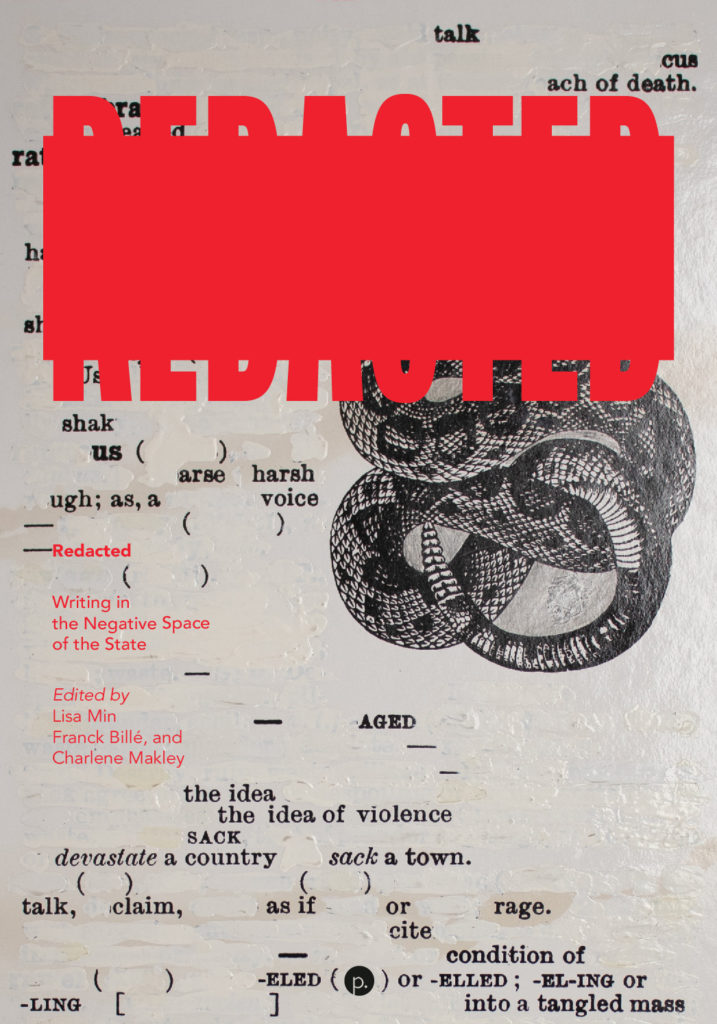When it comes to the political, acts of redaction, erasure, and blacking out sit in awkward tension with the myth of transparent governance, borderless access, and frictionless communication. But should there be more than this brute juxtaposition of truth and secrecy?
Redacted: Writing in the Negative Space of the State brings together essays, poems, artwork, and memes—a bricolage of media that conveys the experience of living in state-inflected worlds in flux. Critically and poetically engaging with redaction in politically charged contexts (from the United States and Denmark to Russia, China, and North Korea), the volume closely examines and turns loose this disquieting mark of state power, aiming to trouble the liberal imaginaries that configure the political as a left-right spectrum, as populism and nationalism versus global and transnational cosmopolitanism, as east versus west, authoritarianism versus democracy, good versus evil, or the state versus the people—age-old coordinates that no longer make sense. Because we know from the upheavals of the past decade that these relations are being reconfigured in novel, recursive, and unrecognizable ways, the consequences of which are perplexing and ever evolving.
This book takes up redaction as a vital form in this new political reality. Contributors both critically engage with statist redaction practices and also explore its alluring and ambivalent forms, as experimental practices that open up new dialogic possibilities in navigating and conveying the stakes of political encounters.

